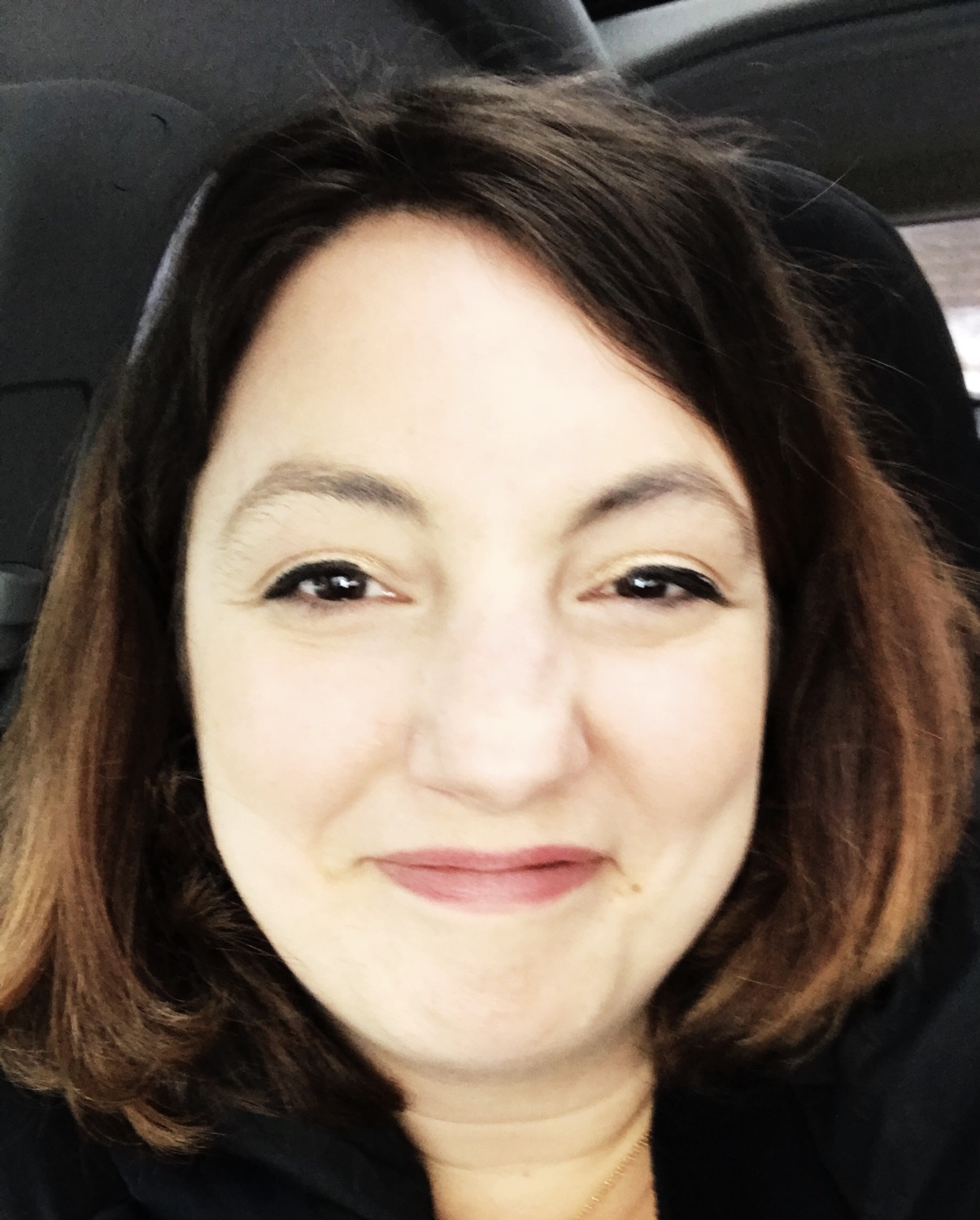Why Safer?
- Pauline O'Brien

- Jan 31, 2022
- 3 min read
The tagline on the home page of our website reads: 'safer psychotherapy services'. You may be wondering the significance of the word safer?
I chose the word safer to help identify what ultimately I have come to know that my clients are looking for. Also, as a person with lived experience with mental illness I have often felt the need for safety. I have often felt "unsafe" in certain healthcare settings. Am I being dramatic? I often thought so... The feeling is a bit complicated...not that I ever feared for my life, per se, but I often felt scared, or even a bit threatened. It was the notion that I was not allowed to have an opinion or a voice in my care. If I were to speak up about what I felt was going on with me I would be dismissed or judged. I admit I did not access a lot of the support offered to me out of fear. (It's probably why I decided to become a therapist myself so that 1) I could figure out how to help myself and that 2) my clients would not have to experience that type of fear and judgement). That last part can be saved for another time and another post... But enough about me..
There's a larger issue regarding creating safety in mental health care.
Now more than ever we are becoming more aware: We know that in Canada there are a variety of individuals experiencing oppression for a variety of reasons such as ability, race, ethnicity, gender identity, sexual orientation, socioeconomic status, etc.
Early on in my career i had the incredible opportunity to live and work in both Northwest Territories and Nunavut. I learned about the impact of colonialism and inter-generational trauma. I also learned about recovery from historical trauma and the resilience that culture and cultural safety can create.
My experience on the front lines as a crisis worker, critical incident responder and now trauma specific psychotherapist has instilled in me the need for creating safety. Individuals who have been impacted by trauma need to learn how to adjust to a "new normal". They need to relearn how to be in a world without the need for hyper-vigilance. They need to retrain their bodies to not anticipate threat. All of this takes time and takes a safer therapeutic space to feel empowered, and to allow the body to heal and recover.
I have also had the privilege to be with folks from the LGBTQ2S+ communities and particularly have become an ally for trans health advocacy. I understand the trauma that folks have faced by our hetero normative culture. I have learned about the history of diagnosed pathology by the psychiatric community, and the impact it has had on mental health.
I have had the opportunity during the years to work with a variety of individuals from a variety of backgrounds and life circumstances.
What I have seen in my career thus far has solidified for me my mission to help facilitate access to safer services and to inspire other therapists and counsellors to do so as well. Providing Safer services takes into account that sometimes our training as therapists falls short. Sometimes the modalities we have been taught are not relevant or the tools or techniques we use may further harm our clients if not done in safer ways.
I acknowledge that I cannot guarantee that our services will always be ultimately safe (after all we are human and as therapists we represent a system of privilege). But I can guarantee that we will strive to understand the traumas that have occurred and the strength and resiliency that is already occurring in our clients. Our mission, to be aware of privilege, to provide access, and to create safer spaces for folks, across multiple intersectionalities.
Pauline O'Brien, Ed.D., Registered Psychotherapist
Clinical Director of The Compassion Project









Comments